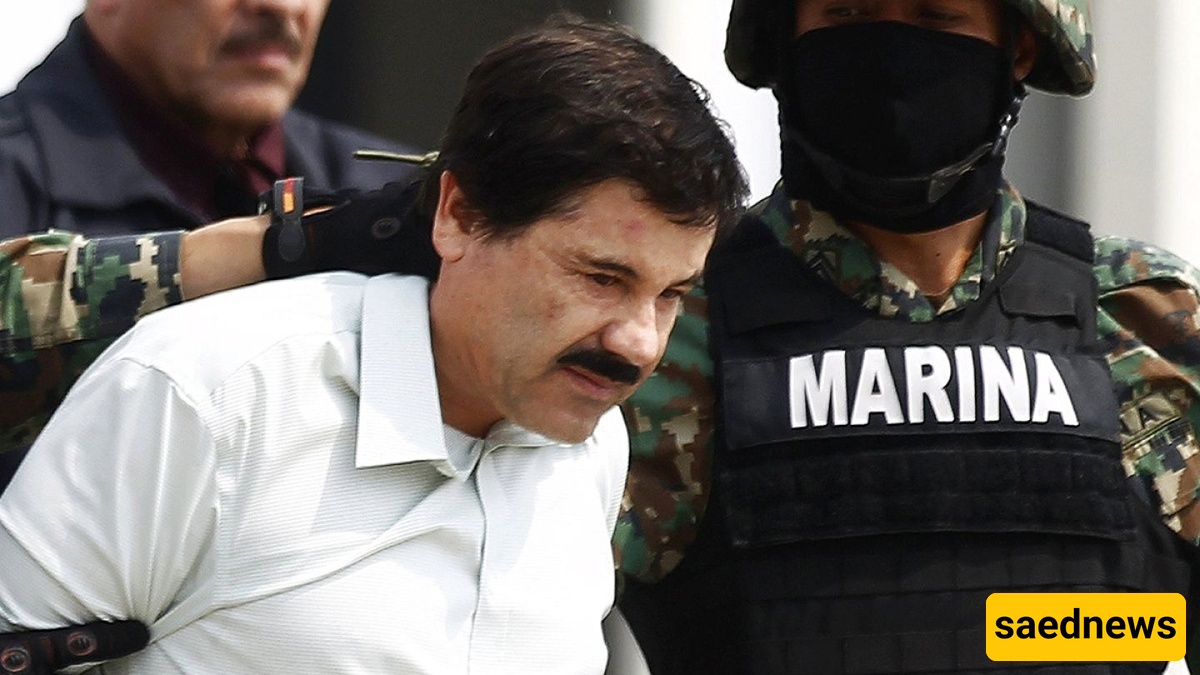SAEDNEWS: In an unprecedented move, the Mexican government has announced that it will hand over 26 senior leaders of drug cartels to the United States as part of an agreement with the Trump administration—an action that could play a key role in combating the illegal drug trade in Latin America and along the U.S. southern border.

According to Saed News, citing Fox News, Mexico has faced enormous challenges in its decades-long battle against drug cartels, but the recent decision to transfer 26 of the top leaders of these organizations to the U.S. marks an unprecedented step in bilateral cooperation to combat drug trafficking. Mexican officials stated that this agreement was reached within the framework of broad security cooperation with the Trump administration, aimed at reducing the cartels’ influence and increasing security along the shared border.
The extradition includes leaders from notorious cartels such as CJNG and Juárez, as well as individuals responsible for the largest cocaine, methamphetamine, and heroin trafficking networks in Latin America and the U.S. The U.S. government has stated that this move could accelerate investigations and prosecutions related to drug trafficking and send a clear message to other cartel members.
Experts believe the agreement will also increase pressure on the cartels and could disrupt trafficking networks for a significant period. However, some analysts have warned of the possibility of retaliatory violence from remaining cartel members in Mexico and along the U.S. border, urging authorities to take special security measures.
From a legal standpoint, extraditing these leaders to the U.S. gives the Trump administration the ability to try them in federal courts and impose harsher sentences than Mexican courts typically deliver. The move is also part of the Trump administration’s broader strategy to combat the drug trade and reduce its entry into the U.S.
American politicians have described the agreement as a major success in the fight against drug trafficking, but experts caution that this is only one step in a complex and long-term process to dismantle the cartels. Without sustained cooperation and extensive security measures, its long-term impact may be limited.
At the same time, the Mexican government, in announcing the decision, emphasized that security cooperation with the U.S. will continue, with the primary goals being to reduce cartel violence, protect citizens, and improve national security. Analysts say the agreement could play an important role in rebuilding trust between the two countries and strengthening intelligence and operational cooperation.
Overall, the handover of these 26 cartel leaders to the U.S. is not only a significant security and legal measure but also sends a message to other trafficking networks that international government cooperation can impede their illegal activities. The agreement could also serve as a prelude to further, more strategic actions in the fight against drugs in Latin America and the United States.

